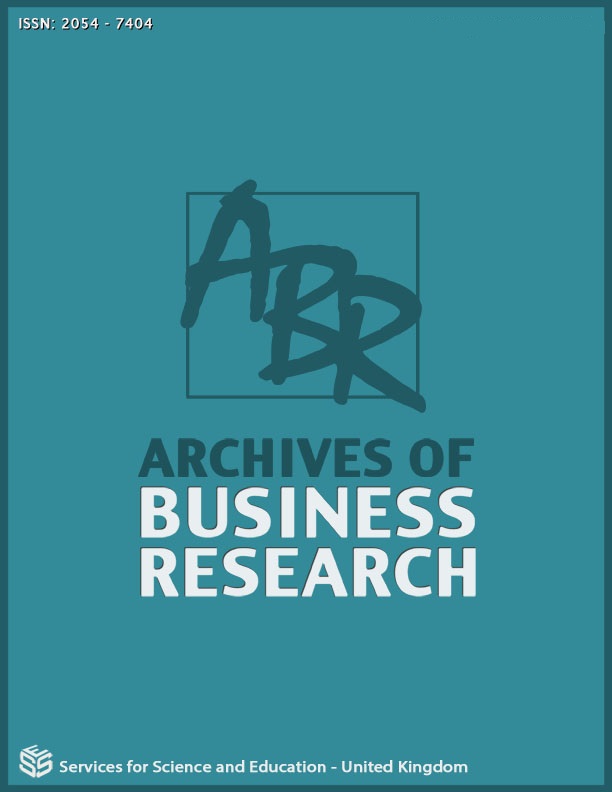Ghana’s Oil find and the Threat of Maritime Piracy in the Shipping Corridor of the Gulf of Guinea
DOI:
https://doi.org/10.14738/abr.1003.11962Keywords:
Gulf of Guinea, Floating production storage and offloading, Movement for the Emancipation of the Niger Delta, Niger Delta Avengers, PESTLE, SWOTAbstract
The Gulf of Guinea (GoG) has now carved a name for itself as a piracy hotspot now surpassing the Gulf of Aden in pirate attacks. This sea corridor remains a life line to many of the littoral and land locked states in that region. Oil is an important commodity and the sea lines of communications cannot be overemphasized. Ghana joined the main players of oil production when oil was discovered its Jubilee Oil Field. Being an offshore venture, the oil is stored in the floating production storage and offloading (FPSO) vessel and later offloaded on sea tanker vessels for export. The FPSO is visible as a stationary vessel a couple of nautical miles from the shore and therefore makes it vulnerable to piracy attacks. This paper highlights the modus operandi of these pirate groups notable among them are the Movement for the Emancipation of the Niger Delta (MEND) and also in 2016 the emergence of the Niger Delta Avengers. A PESTLE and SWOT analysis of the situation is looked at while some of the drivers mitigating the ascendency of piracy in this region is mentioned. There is the need for the regional and international security agencies to coordinate their efforts and intensify their efforts in policing the GoG. As a means of Best Management Practice (BMP), vessels are advised to ensure adherence to these practices and fortify themselves with modern communication devices and surveillance equipment to help make early detection of pirate boats as well as having a well-equipped citadel with dedicated communication devices should the need arise to use them.
Downloads
Published
How to Cite
Issue
Section
License
Copyright (c) 2022 Nana Boateng

This work is licensed under a Creative Commons Attribution 4.0 International License.






